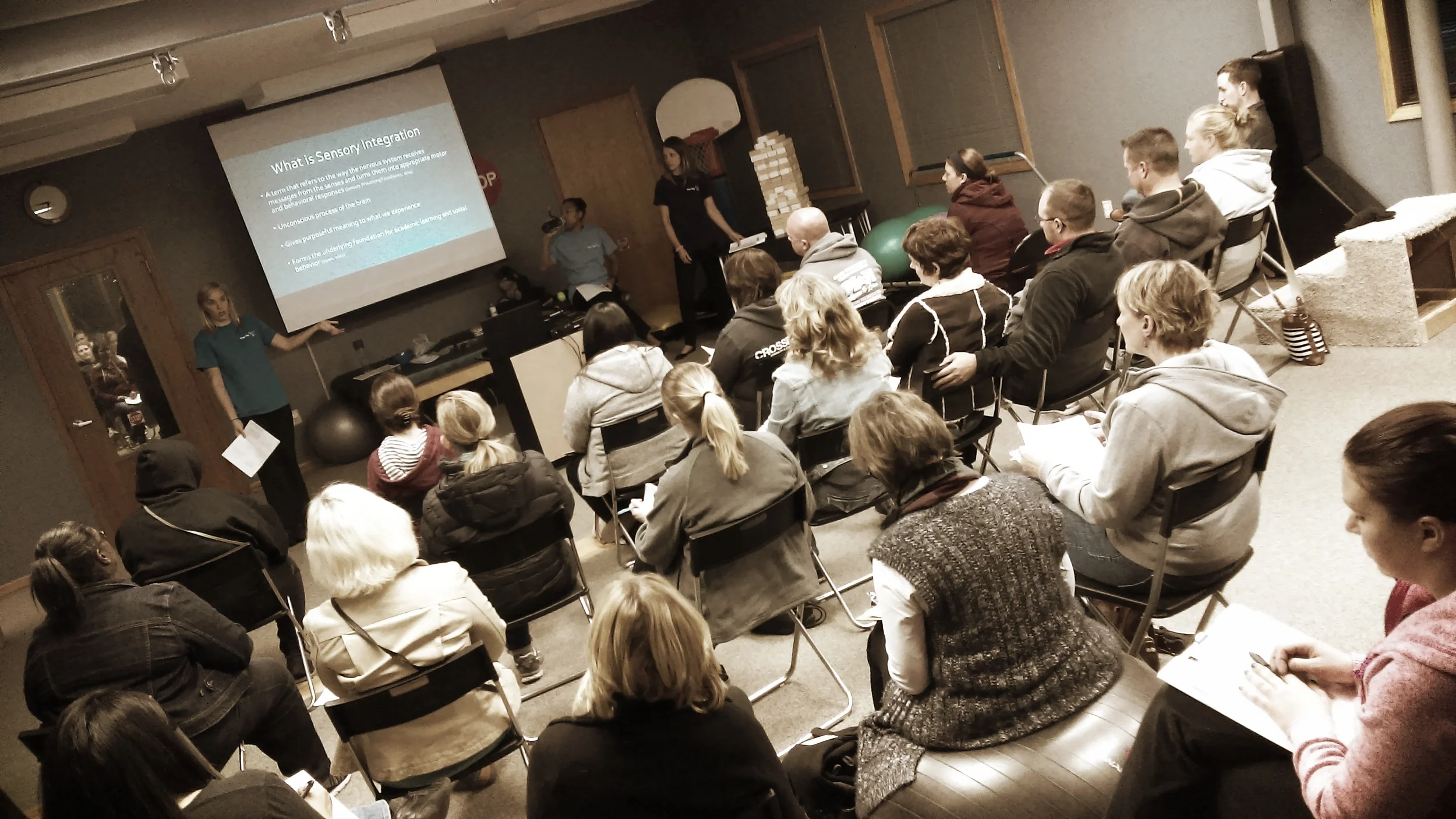Kid's Safety Awareness
/June is Safety Awareness Month and so it’s a good time to talk about safety specific to our kiddos! Would you consider your child a risk taker or someone who does not seem aware of risks? They might fall more frequently or fall on purpose, seem lost in space, and/or never stop moving or crashing. Children like this struggle with safety awareness and can make fun outings like the playground and pool stressful for parents and caregivers. Children with poor safety awareness have an under-responsive vestibular system (the part of the body that tells us where we are and how we are moving in space). Because it is under-responsive, it needs more intensity to register or understand the input. An under-responsive vestibular system can be a red flag for high risk of injury. Here are some things you can do at home to help regulate the vestibular system:
1. Make time to provide movement experiences daily such as swinging, sliding, jumping, and other active movement experiences. These can be done with obstacle courses (jump over the couch pillows, then crawl under the blanket), or outside if you’re feeling ambitious. Try to keep it organized while still giving your child freedom to make it more fun. This will keep everyone safe and you less stressed! If your child has ideas of what to do when they need input, they will be less likely to seek those unsafe activities!
2. Encourage active, child-led movement activities versus passive input, as the child will better be able to understand and learn from this input. This means having the child jump and spin versus you jumping or spinning the child. Passive input is better than none, however, and may help teach your child strategies. It can be a good place to start.
3. Encourage activities that require balance, such as navigating uneven surfaces, walking on a balance beam, or even walking across a line of tape on the floor.
4. Talk to your child about how his/her body feels before and after these activities to increase understanding and carryover. Remember to ask these questions and use the same words when you are out in the community.

